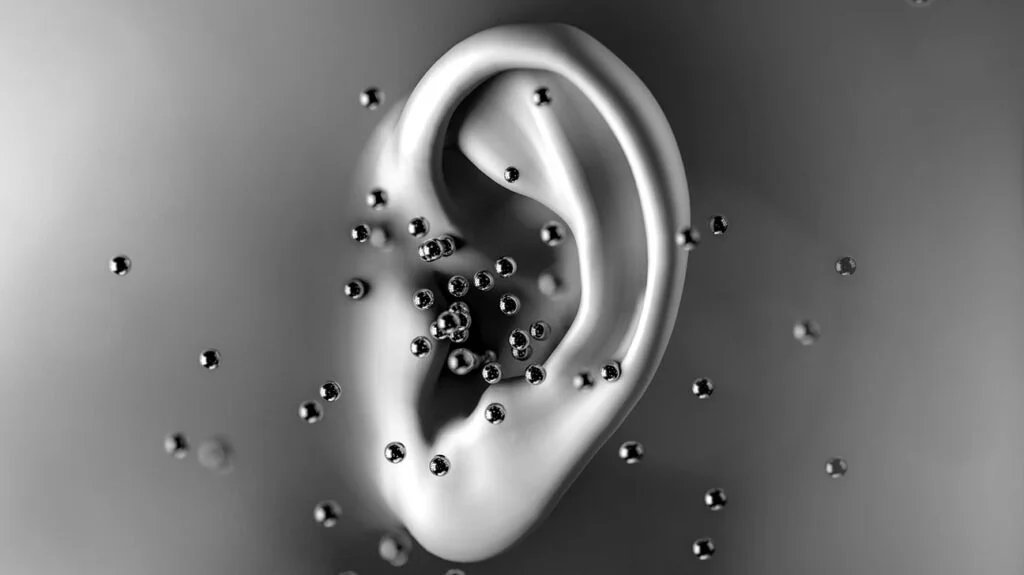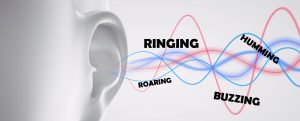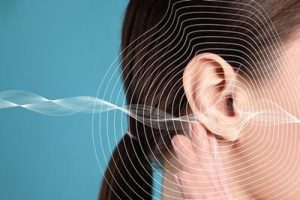Tinnitus, that persistent ringing, buzzing, or hissing sound in your ears, can significantly impact your quality of life. While there’s no guaranteed cure, a crucial step in prevention lies in minimizing exposure to loud noises.
Understanding the Link Between Loud Noise and Tinnitus
Loud noises can damage the delicate hair cells in the inner ear. These cells are responsible for transmitting sound signals to the brain. When damaged, they can misfire, leading to the perception of phantom sounds – tinnitus.
The Everyday Culprits:
Concerts and Live Music: Rock concerts, nightclubs, and live music venues often expose listeners to dangerously high decibel levels.
Construction Sites and Power Tools: Working or living near construction sites, or using power tools without proper ear protection, can significantly increase tinnitus risk.
Loud Transportation: Prolonged exposure to the noise of sirens, traffic, and airplanes can contribute to hearing damage.
Personal Audio Devices: Listening to music or audiobooks at high volumes on headphones or earbuds can cause significant damage.
Protective Measures:
Wear Ear Protection: Invest in quality earplugs or noise-canceling headphones for concerts, construction sites, and other loud environments.
Turn Down the Volume: Keep the volume on your personal audio devices at moderate levels. The “60/60” rule is a good guideline: listen at 60% of your device’s maximum volume for no more than 60 minutes per day.
Take Breaks from Noise: Give your ears a rest from loud sounds periodically throughout the day.
Create a Quiet Oasis: Designate a quiet space in your home where you can relax and escape from noise.
Beyond Prevention: Early Detection and Treatment
Regular Hearing Checks: Schedule regular hearing tests, especially if you are frequently exposed to loud noises.
Consult an Audiologist: If you experience any signs of tinnitus, seek professional advice from an audiologist. Early intervention can help manage symptoms and prevent further hearing loss.
By taking proactive steps to minimize exposure to loud environments, you can significantly reduce your risk of developing tinnitus and protect your hearing for years to come.







Be First to Comment